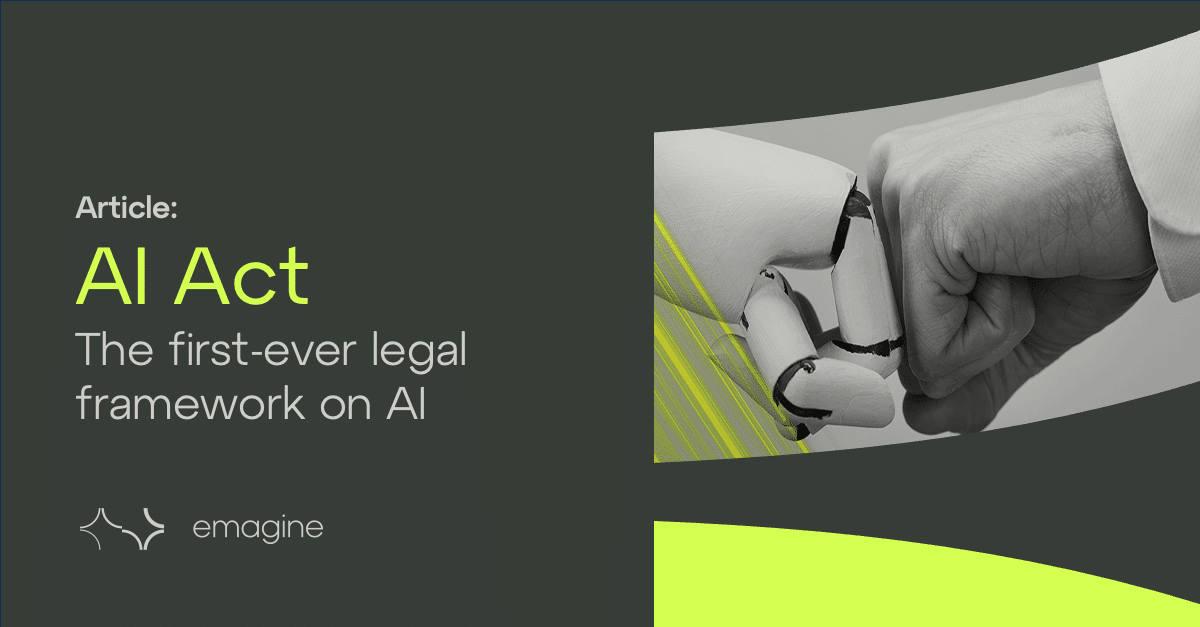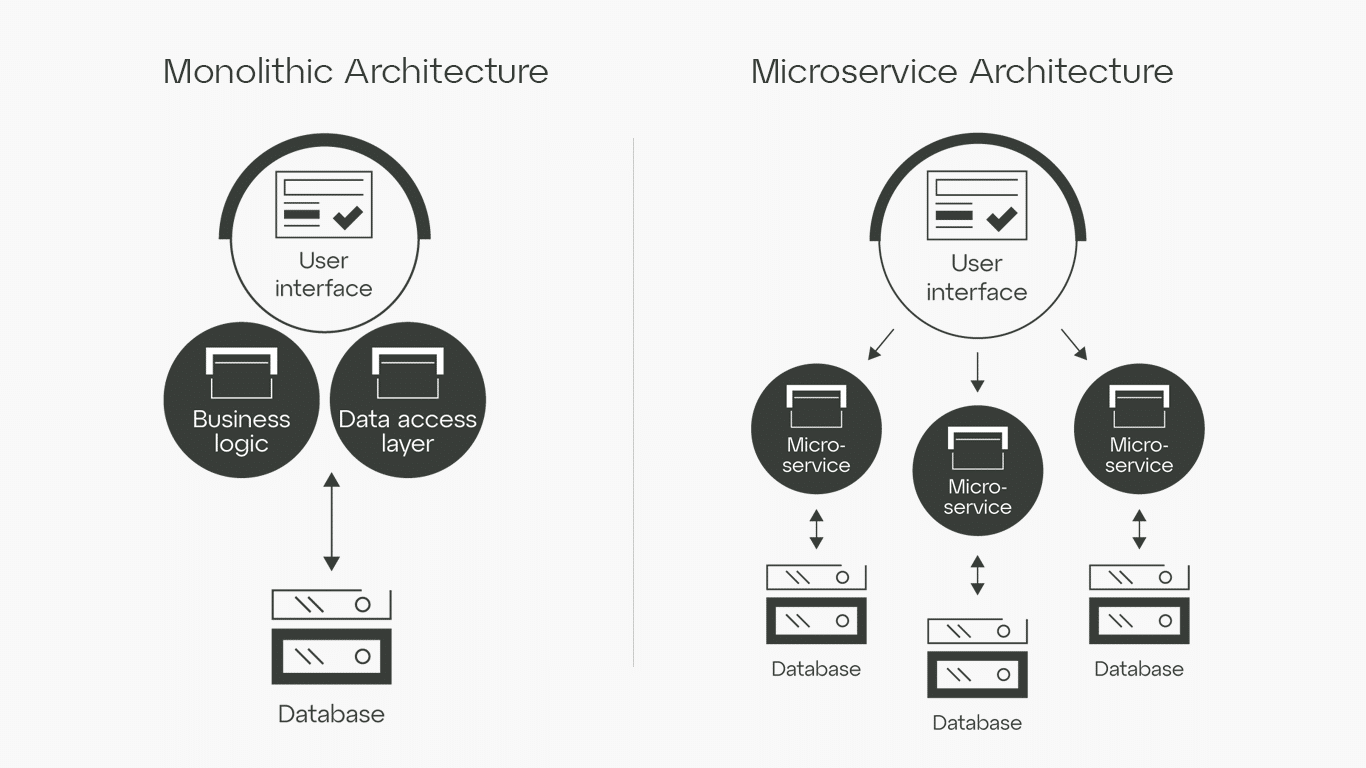Ask us how we can help you succeed.
Having reached agreement on the key terms of the Artificial Intelligence (AI) Act in December 2023, the EU is leading the way with the world’s first comprehensive legal framework on AI.
It is expected to be enforced in phases beginning later this year, with full enforcement anticipated by the end of 2026.
Read more about Aritficial Intelligence (AI) Act here.
What is the significance of the Act?
A pioneering initiative with a global impact, the Act outlines overarching guidelines to provide unified regulation of AI across the single market. It comes with wider implications outside the region, as the legislation will cover all AI systems impacting people in the EU, irrespective of where these systems are developed or located.
With implementation occurring through national legislation across the 27 EU Member States, inevitably local divergences will arise in the process. Where divergences appear between different countries, there is a risk that some states may gain a competitive advantage over others.
Regarding compliance, these divergences create an issue for financial institutions and other international businesses, as these organisations will have to make sure they are compliant with the Act both locally and on an international basis.


















































